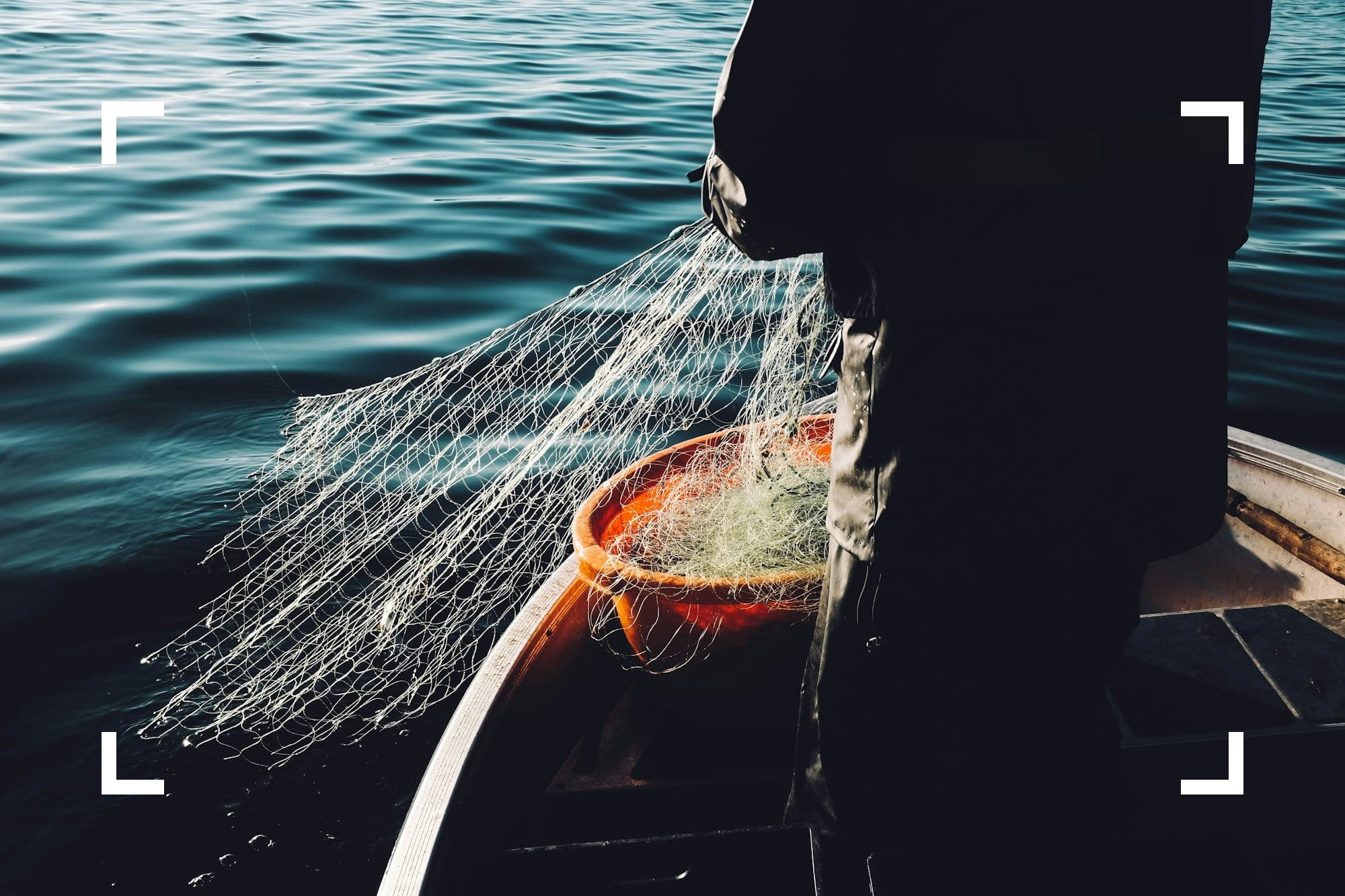Conservation Concept: Tragedy of the Commons
For every angler, tragedy of the commons is a core concept you should know about

September 2022
When society shares access to common resources, especially natural resources, an individual's short-term interests can be in direct conflict with the greater, or common, good. An individual has the ability to benefit from using a resource while potentially creating negative effects for everyone else. In other words, an individual's rational exploitation of a common resource can create externalities for which everyone sharing the resource bares the negative side-effects. This is the tragedy of the commons – an idea posed by the American economist, Garrett Hardin.
A simple example
If a lake is a shared resource for commercial fishing, each fishing operation seeks to maximize the amount of harvested fish regardless of potential impacts to other fishing operations. In the short-term, there is no incentive for each operation to consider limiting the number of fish they catch. Any fish lost is an opportunity lost to other commercial operations. Economically, it's in each operation's best interest to harvest as many fish as possible to gain the greatest profit. Any decline in fish populations are shared amongst the collective fishing operations and does not impact one operation more-so than the others, assuming they all have the same fishing abilities and resources. Generally speaking: optimizing one's own self-interests at the expense of the resource and the well-being of others is a rational thing to do, and so everyone with their self-interests at heart will do the same, and over-exploitation will lead to the collapse or destruction of the shared resource.
People knowingly do this all the time. In fact, tragedy of the commons issues are seen across the globe in all kinds of ways: overfishing oceans, creating air and water pollution, overgrazing shared pastures, over-prescribing antibiotics, littering, water shortages, deforestation, draining regional aquifers, the list goes on.
Tragedy of the Commons in Recreational Fishing
Guiding operations pose issues similar to those in the previous fishing example. On public waters, each guide service seeks to increase profits by maximizing their time on the (shared resource) river. Of course, angling success is the usual goal, not harvesting fish. As each guide service sends out boats or guides to help catch fish for their clients, the short-term gains are seen as income, but the long-term effects are felt by the fishery, the river ecosystem, and others fishing the river. Hooking mortality, fish behavioral shifts, and habitat degradation may each develop as consequences of the short-term gains. On Montana's Madison River, boat traffic and drift fishing have reached an all-time high, and that river is facing similar issues.
Solutions
Because of the frequency that tragedy of the commons situations arise in society, it's clear (at least to us) that our short-sighted desire for instant gratification is the root cause. Fortunately, laws and policies have been implemented to intervene and help save us from ourselves. When built to consider long-term consequences, environmental and natural resource policies all serve to throttle self-serving behavior and to remind us that short-term gains often come with hefty costs in the long-run. Even in the angling world we see this. Harvest limits, hoot owl closures, seasonal closures, and boat traffic regulations serve to help us mitigate negative long-term effects. Sure, it's no fun to lose a day of fishing because of hoot owl closures during high stream temperatures, but in the long-term it will allow us to enjoy countless future opportunities to catch healthy fish.


